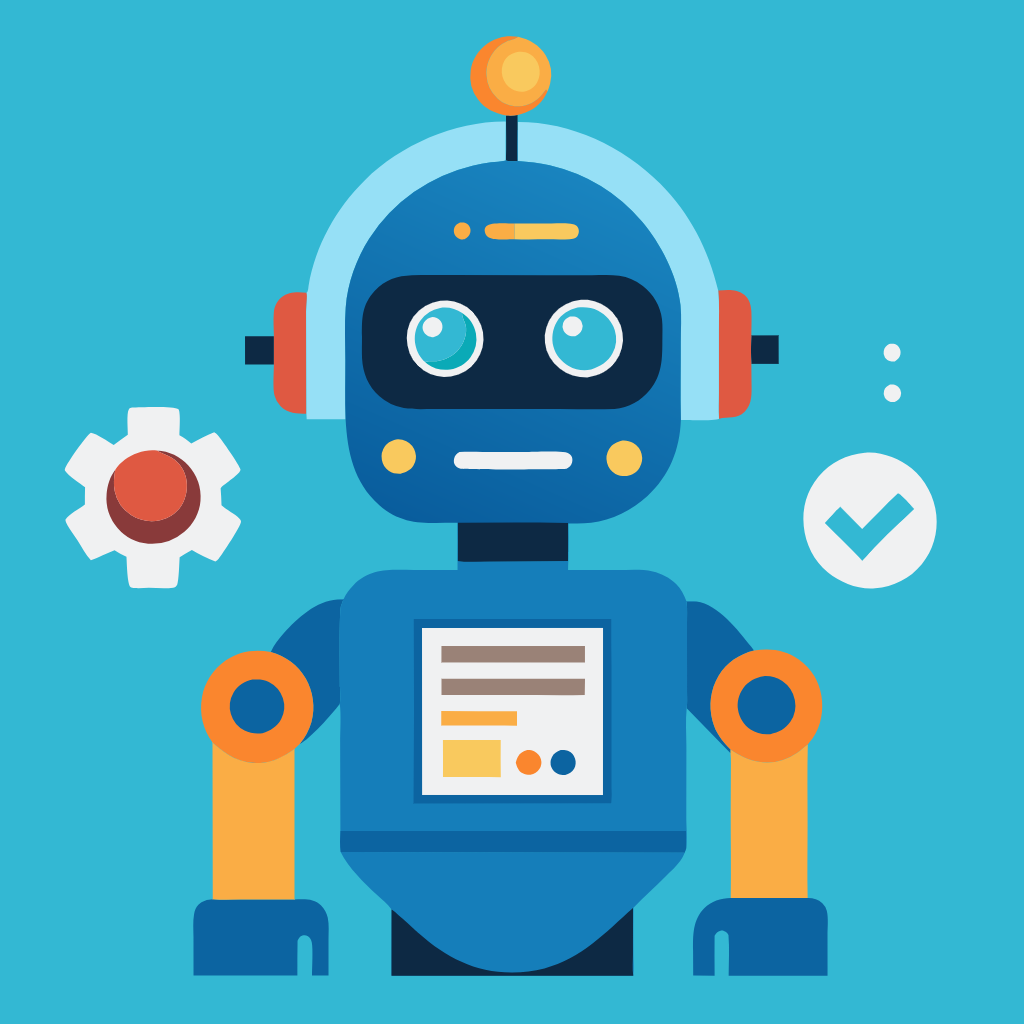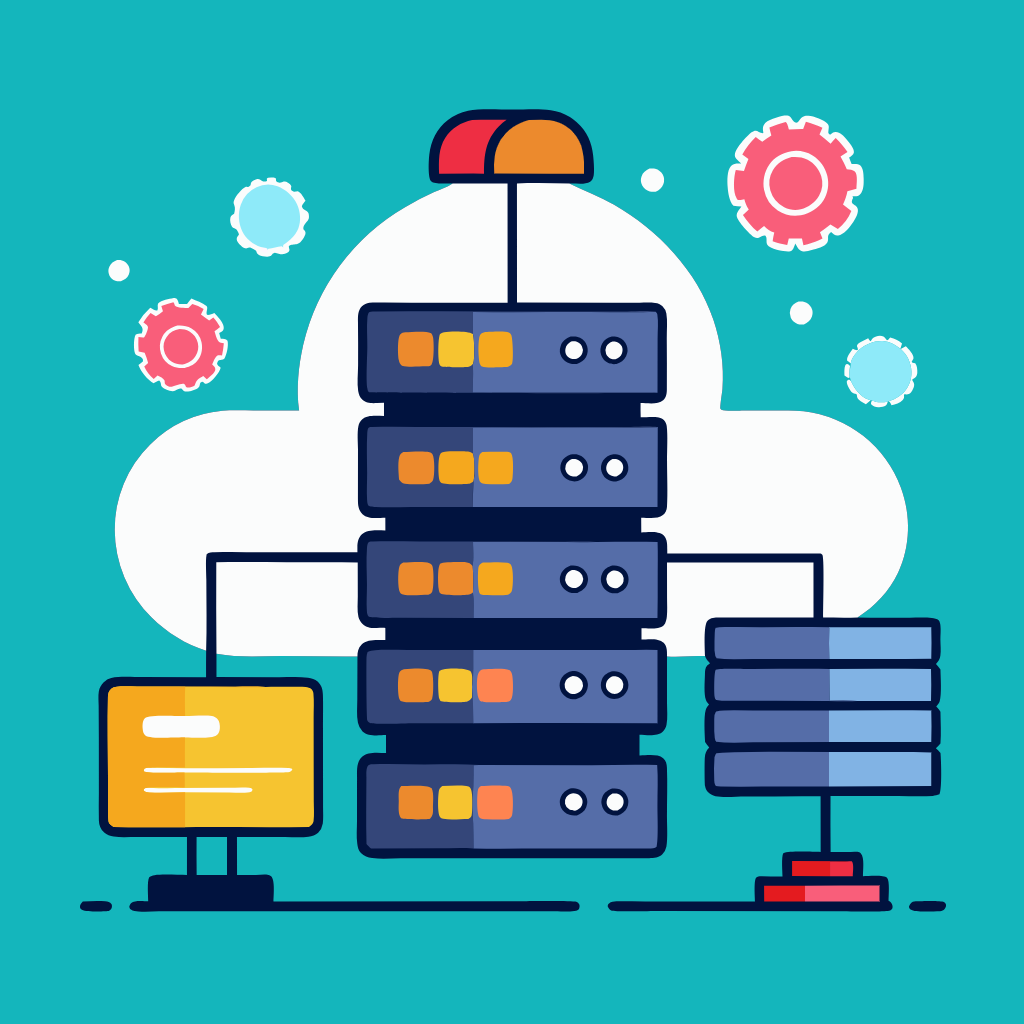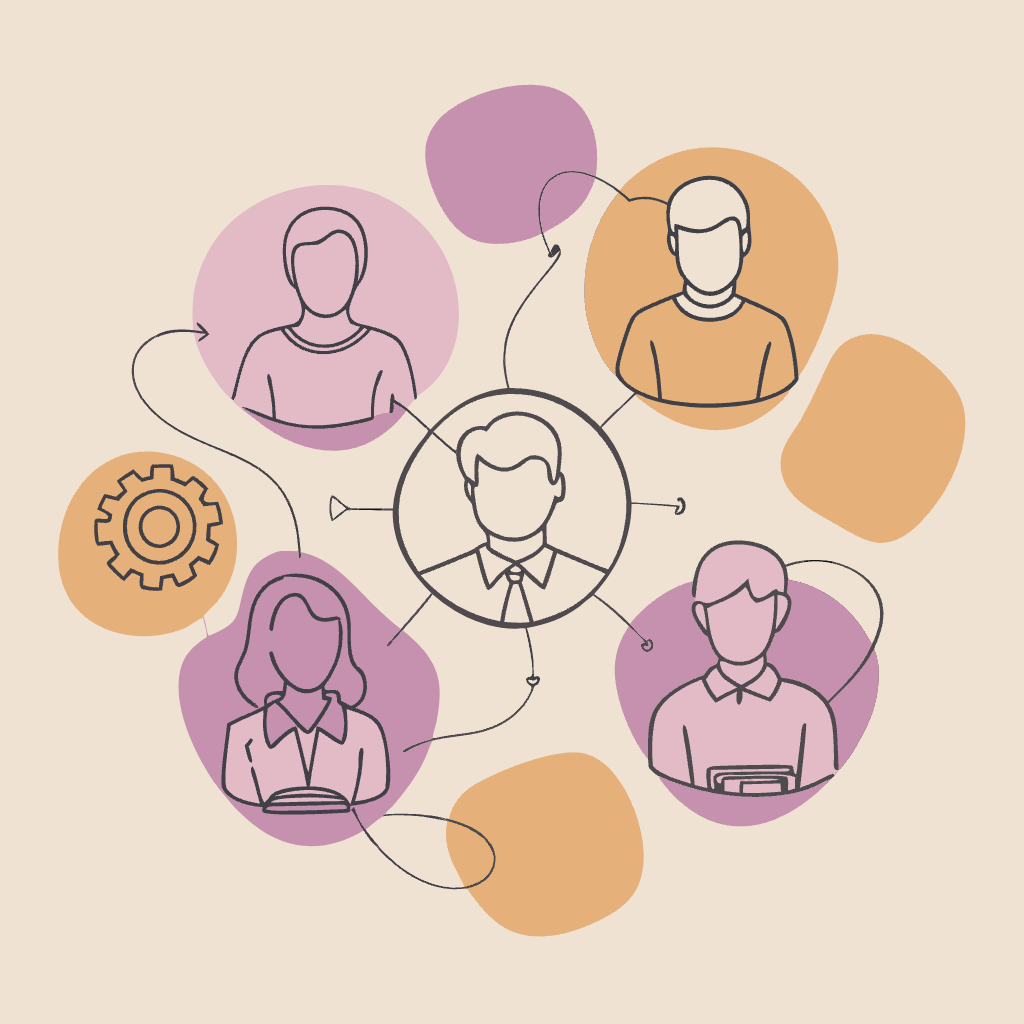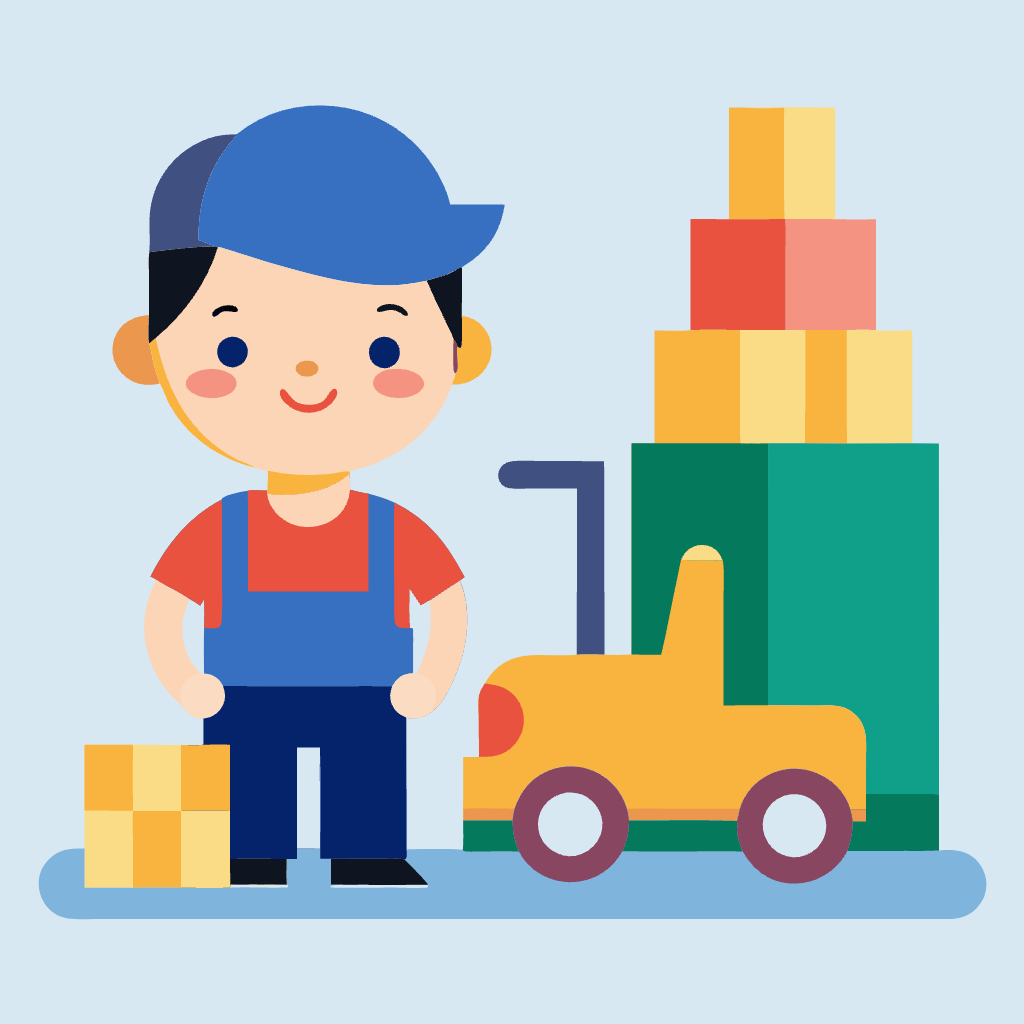Artificial intelligence (AI) holds immense potential for addressing societal challenges and driving social innovation. As a programmer, you are uniquely positioned to leverage your skills and expertise to develop AI solutions that can transform lives. Here’s how you can get involved and make a meaningful impact.
1. Understand the Challenges
Before diving into AI development, it’s crucial to understand the specific social issues you aim to address. Whether it’s healthcare, education, environmental sustainability, or economic empowerment, gaining a deep understanding of the challenges faced by these sectors is the first step. Engage with social innovators, participate in relevant forums, and study reports and case studies to grasp the nuances of the problems at hand.
2. Collaborate with Social Innovators
Collaboration is key to creating impactful AI solutions. Work with social enterprises, non-profits, and community organizations to understand their needs and co-develop solutions. For instance, Dimagi, a social enterprise, partnered with healthcare workers in Malawi to develop an AI-powered chatbot that aids in healthcare delivery. By collaborating with domain experts, you can ensure that your AI solutions are practical, user-friendly, and address real-world needs.
3. Focus on Ethical AI Development
Ethical considerations are paramount when developing AI solutions for social innovation. Addressing biases in data, ensuring privacy, and creating transparent algorithms are critical steps. Use frameworks and guidelines provided by organizations to guide your development process. Aim to create AI that is fair, inclusive, and respects the rights of all individuals.
4. Utilize Open-Source Tools and Platforms
Leverage open-source AI tools and platforms to accelerate your development process. Platforms like TensorFlow, PyTorch, and OpenAI provide robust libraries and resources that can be used to build AI models. Additionally, participating in open-source projects allows you to collaborate with a broader community of developers and contribute to collective knowledge and innovation.
5. Build Scalable and Sustainable Solutions
Design your AI solutions with scalability and sustainability in mind. Ensure that your models can handle large datasets and can be deployed across various platforms and environments. For instance, LifeBank in Nigeria uses AI to manage healthcare logistics efficiently. By building scalable solutions, you can maximize your impact and ensure that your innovations can be adopted widely.
6. Engage in Continuous Learning and Development
The field of AI is rapidly evolving, and staying updated with the latest advancements is crucial. Participate in workshops, conferences, and online courses to enhance your skills. Engage with AI communities and forums to exchange ideas and learn from others. Continuous learning will enable you to develop cutting-edge solutions and stay ahead in the field.
7. Advocate for AI Literacy and Education
Promote AI literacy and education within your community. Conduct workshops, webinars, and training sessions to empower others with AI knowledge and skills. High Resolves, an educational organization, uses AI to democratize education in underserved regions, showcasing how AI can bridge educational gaps. By advocating for AI education, you can help build a knowledgeable and skilled workforce ready to tackle social challenges.
Example Implementations
- Healthcare: Develop AI-powered diagnostic tools that assist doctors in analyzing medical images and identifying diseases early. For example, creating a model that detects early signs of diabetic retinopathy from retinal images can significantly reduce the incidence of blindness.
- Education: Create personalized learning platforms that adapt to individual student needs. Use natural language processing to develop AI tutors that provide customized feedback and assistance, helping students in remote areas access quality education.
- Environmental Sustainability: Build predictive models that monitor and analyze environmental data, such as air and water quality. Develop AI systems that can predict natural disasters like floods and earthquakes, enabling timely interventions and saving lives.
- Economic Empowerment: Design AI applications that help small-scale farmers optimize their crop yields. Use machine learning to analyze soil data, weather patterns, and market trends, providing farmers with actionable insights to improve their productivity and profitability.
By leveraging your programming skills and embracing AI, you can play a crucial role in driving social innovation and creating a positive impact on society. Embrace the challenges, collaborate with stakeholders, and build ethical and scalable solutions that transform lives and create a better world for all.
Discover more from Susiloharjo
Subscribe to get the latest posts sent to your email.





